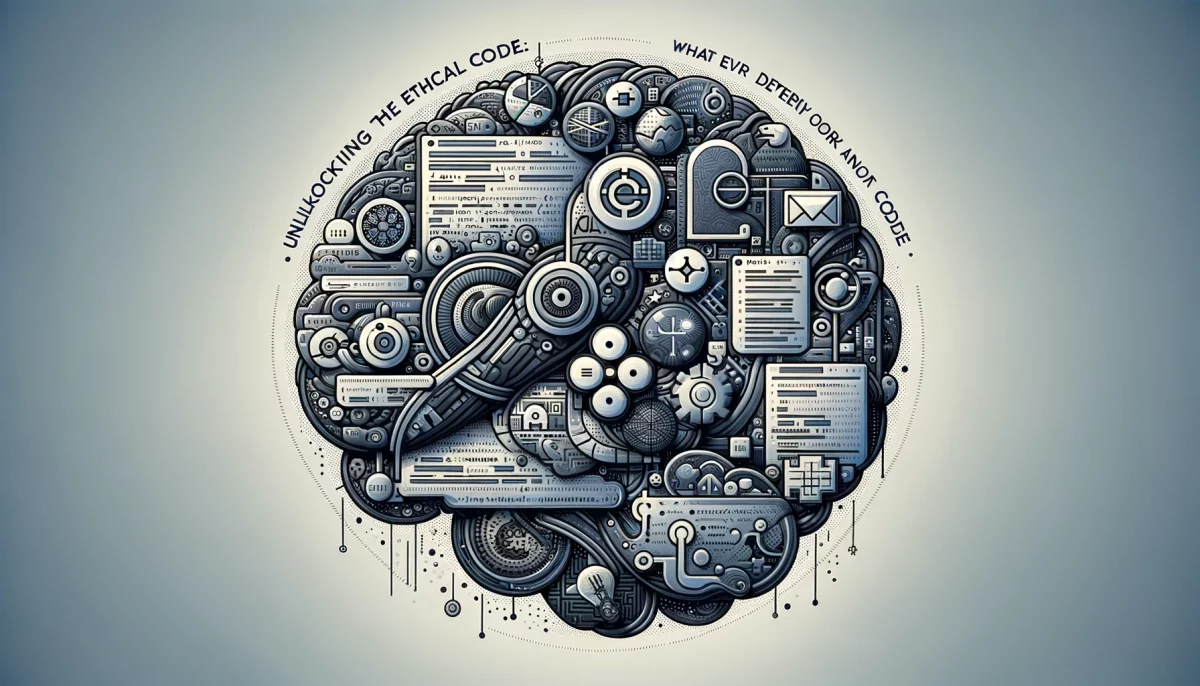The Ethical Quandary in the Digital Realm
As web development increasingly intertwines with artificial intelligence (AI), developers find themselves at a crossroads. The intersection of AI and web development is not just about creating smarter applications; it’s a battleground for ethical considerations that can have far-reaching consequences. This article, “Unlocking the Ethical Code: What Every Web Developer Needs to Know About AI Ethics,” aims to be your roadmap through this complex ethical landscape.
How does this revised introduction resonate with you? Would you like to proceed with the body of the article?
The Ethical Imperative in AI-Infused Web Development
As AI technologies become ubiquitous in web development, ethical considerations are no longer optional; they are imperative.
The Rise of AI in Web Development
AI’s role in web development has grown exponentially, from chatbots and recommendation engines to advanced data analytics. However, this growth comes with ethical complexities that developers cannot ignore.
The Ethical Stakes
The stakes are high. Ethical lapses in AI can lead to discriminatory algorithms, data breaches, and a loss of public trust. These are not just theoretical risks but real issues that have already occurred in various sectors.
Navigating the Ethical Minefield
Understanding the ethical dimensions of AI in web development is crucial for responsible practice. Here are some key areas to consider:
Transparency and Fairness
Transparency in AI algorithms is essential for fairness. Users have a right to know how decisions that affect them are made, whether it’s a loan approval process or a personalized marketing strategy.
Data Privacy
Data is the lifeblood of AI. However, mishandling user data can lead to severe repercussions, both legally and regarding brand reputation. Developers must adhere to data protection laws and best practices.
Inclusivity and Accessibility
AI should be designed to be inclusive. This means creating algorithms free from biases related to race, gender, or socioeconomic status and ensuring web accessibility for people with disabilities.
Real-World Applications and Ethical Challenges
Understanding ethics in a vacuum is insufficient; it’s the real-world applications that truly test the ethical mettle of AI in web development.
Case Study: Ethical Personalization in E-Commerce
E-commerce giants like Amazon have been pioneers in using AI for personalized recommendations. However, they also face ethical challenges in ensuring their algorithms do not discriminate or invade user privacy.
Case Study: AI and Accessibility
Companies like Microsoft are leveraging AI to make the web more accessible. Their initiatives serve as a model for how AI can be used ethically to benefit a broader demographic.
Conclusion (To be continued)
The ethical considerations surrounding AI in web development are complex but crucial. As we integrate more AI into our web projects, adhering to ethical guidelines becomes paramount.
